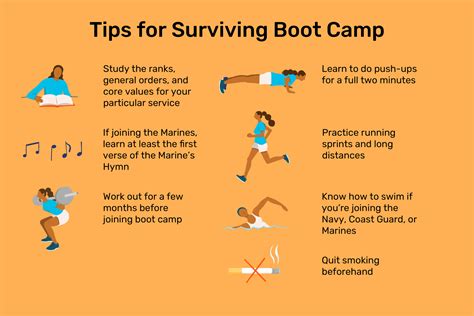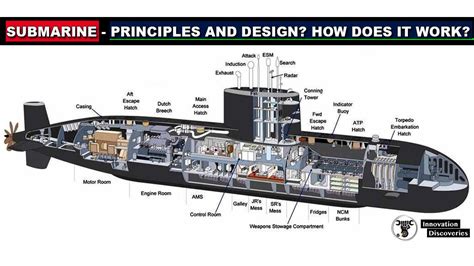7 Kinesiology Jobs
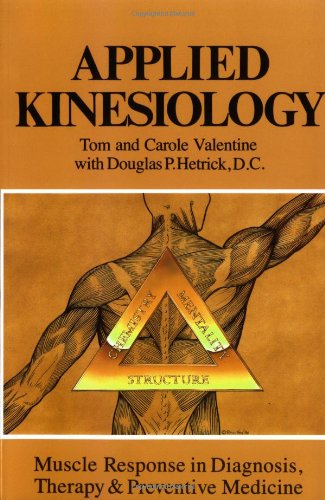
Introduction to Kinesiology Jobs

Kinesiology, the study of human movement, is a field that offers a wide range of career opportunities. From working with athletes to improve their performance to helping patients recover from injuries, kinesiology jobs are both rewarding and challenging. In this article, we will explore 7 kinesiology jobs that are in high demand and offer a promising future for those who are passionate about human movement and exercise science.
1. Athletic Trainer
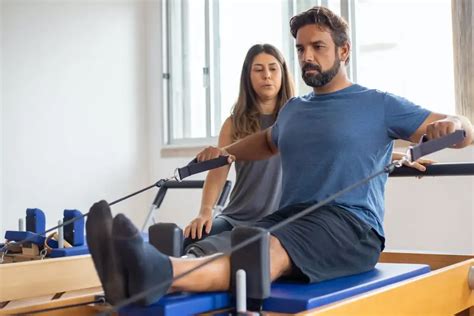
Athletic trainers work with athletes to prevent, diagnose, and treat injuries. They develop conditioning programs to improve athletic performance and provide emergency care when injuries occur. To become an athletic trainer, one needs to earn a bachelor’s degree in athletic training or a related field and obtain certification from the Board of Certification (BOC). Athletic trainers can work in schools, colleges, professional sports teams, or private clinics.
2. Exercise Physiologist

Exercise physiologists design exercise programs to help patients recover from chronic diseases, such as heart disease, diabetes, and obesity. They conduct fitness assessments, develop personalized exercise plans, and monitor progress. A bachelor’s degree in exercise science or a related field is required, and certification from the American Society of Exercise Physiologists (ASEP) is recommended. Exercise physiologists can work in hospitals, clinics, or private practices.
3. Physical Therapist

Physical therapists help patients recover from injuries or illnesses that affect their mobility and strength. They develop treatment plans, conduct physical assessments, and use techniques such as massage, heat, and cold therapy to promote healing. To become a physical therapist, one needs to earn a doctoral degree in physical therapy (DPT) and obtain licensure in their state. Physical therapists can work in hospitals, clinics, or private practices.
4. Occupational Therapist

Occupational therapists help patients develop the skills they need to perform daily activities, such as dressing, cooking, and bathing. They work with patients who have physical, emotional, or cognitive disabilities and develop treatment plans to promote independence. A master’s degree in occupational therapy is required, and certification from the National Board for Certification in Occupational Therapy (NBCOT) is recommended. Occupational therapists can work in hospitals, schools, or private practices.
5. Biomechanist
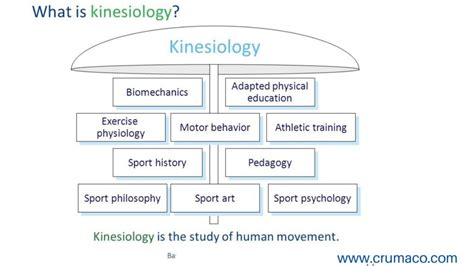
Biomechanists study the movement of living organisms, including humans, to understand how they move and how to improve their performance. They use techniques such as motion analysis and computer modeling to analyze movement patterns and develop new products, such as athletic equipment and prosthetic devices. A bachelor’s degree in biomechanics or a related field is required, and a graduate degree is recommended for advanced research positions. Biomechanists can work in universities, research institutions, or private industry.
6. Sports Manager
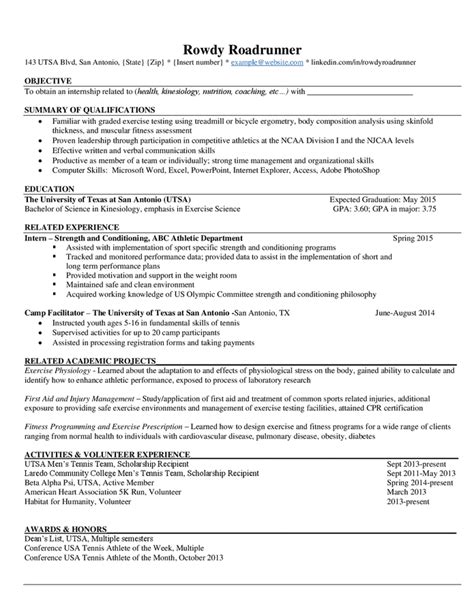
Sports managers oversee the business side of sports teams, leagues, and events. They handle tasks such as marketing, finance, and facility management, and work with coaches, athletes, and other staff to ensure the success of the team or event. A bachelor’s degree in sports management or a related field is required, and a graduate degree is recommended for advanced positions. Sports managers can work in professional sports teams, colleges, or private companies.
7. Kinesiology Professor
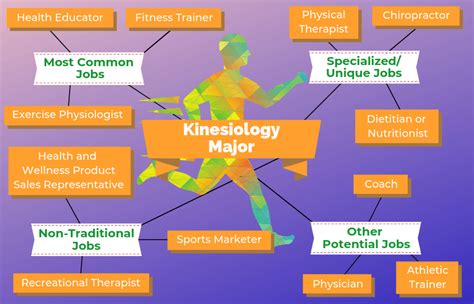
Kinesiology professors teach courses in kinesiology, exercise science, and related fields at the college or university level. They develop curriculum, conduct research, and advise students who are pursuing careers in kinesiology. A doctoral degree in kinesiology or a related field is required, and teaching experience is recommended. Kinesiology professors can work in universities, colleges, or community colleges.
📝 Note: These jobs may require additional certifications, licenses, or degrees, depending on the state or country where you plan to work.
To summarize, kinesiology jobs offer a wide range of career opportunities for those who are passionate about human movement and exercise science. From working with athletes to helping patients recover from injuries, these jobs are both rewarding and challenging. Whether you’re interested in working in healthcare, education, or private industry, there’s a kinesiology job that’s right for you.
What is the average salary for kinesiology jobs?

+
The average salary for kinesiology jobs varies depending on the position, location, and level of experience. However, according to the Bureau of Labor Statistics, the median annual salary for athletic trainers is around 50,000, while exercise physiologists can earn up to 70,000 per year.
Do I need a graduate degree to work in kinesiology?

+
While a bachelor’s degree is sufficient for some entry-level kinesiology jobs, many positions require a graduate degree. For example, physical therapists need a doctoral degree, while occupational therapists need a master’s degree. However, some positions, such as athletic trainer or exercise physiologist, may only require a bachelor’s degree and certification.
What skills do I need to succeed in a kinesiology career?
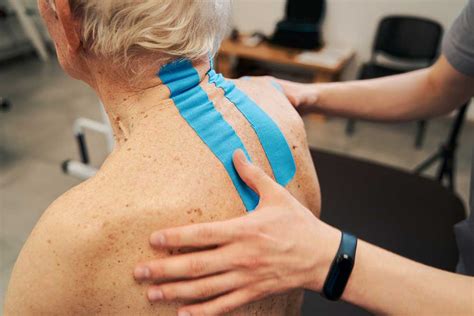
+
To succeed in a kinesiology career, you need strong communication and interpersonal skills, as well as the ability to work with diverse populations. You should also be knowledgeable about human anatomy, physiology, and biomechanics, and have strong critical thinking and problem-solving skills. Additionally, many kinesiology jobs require certification or licensure, so it’s essential to research the specific requirements for your desired career.
